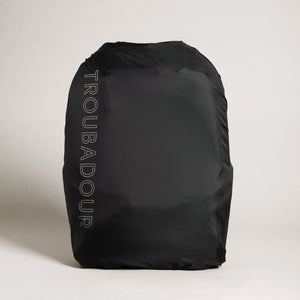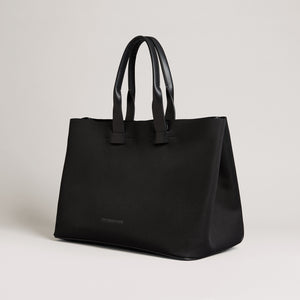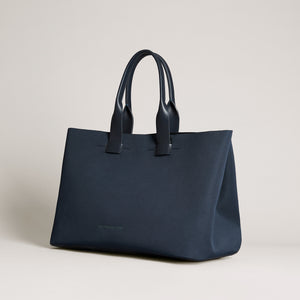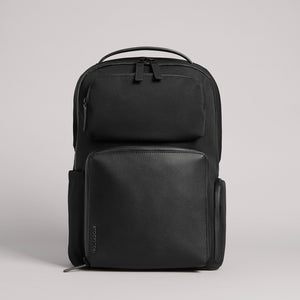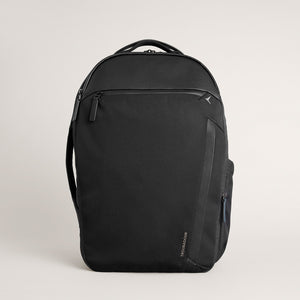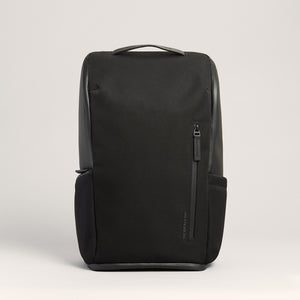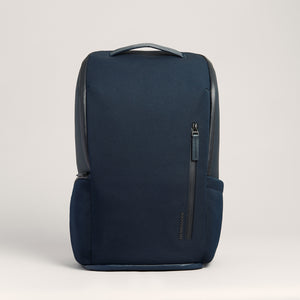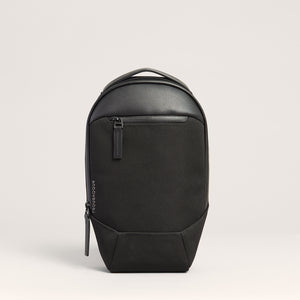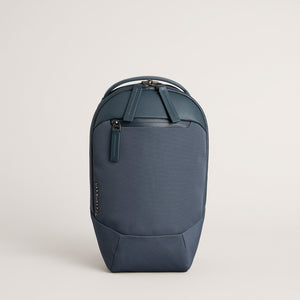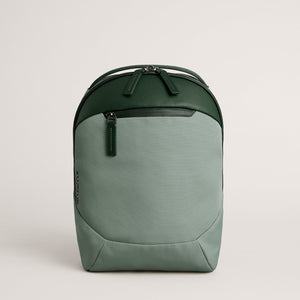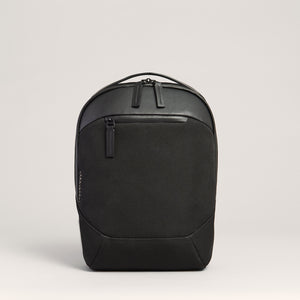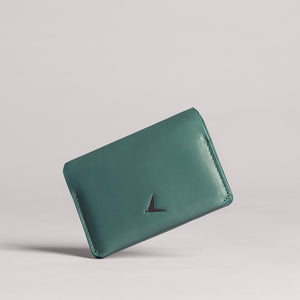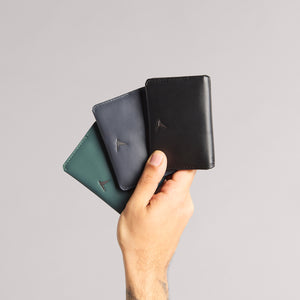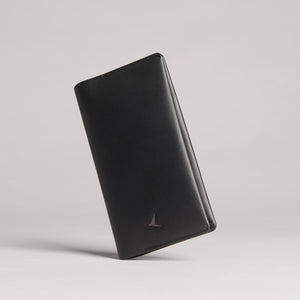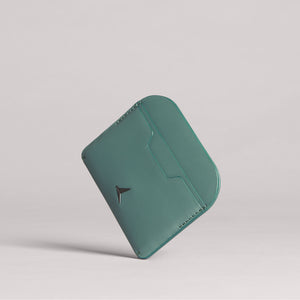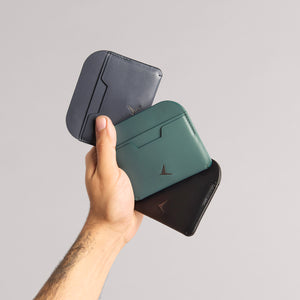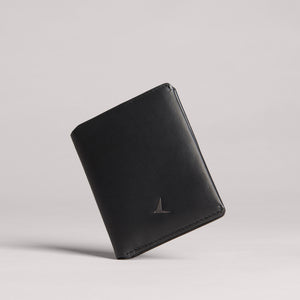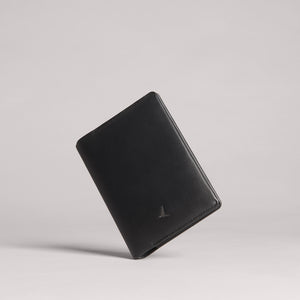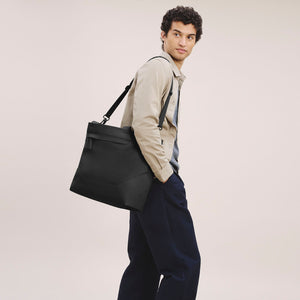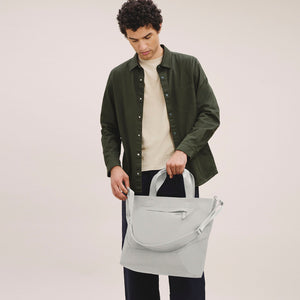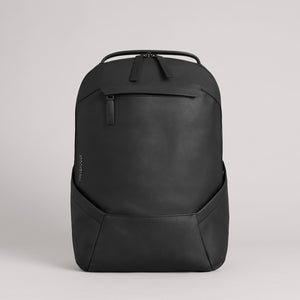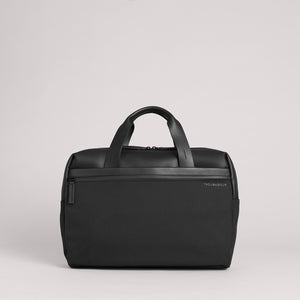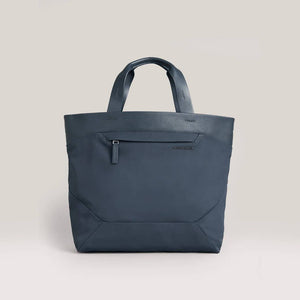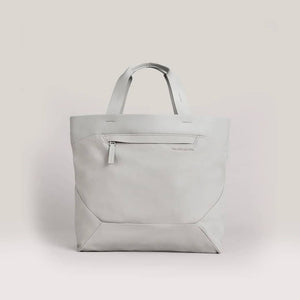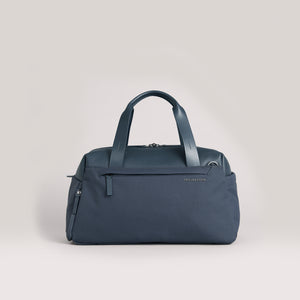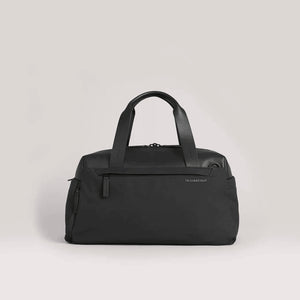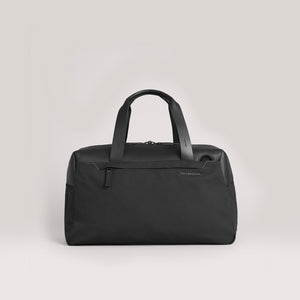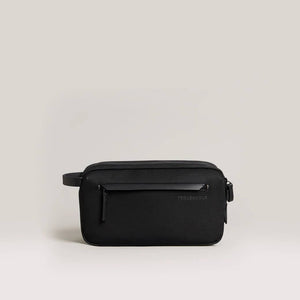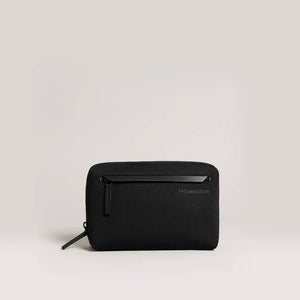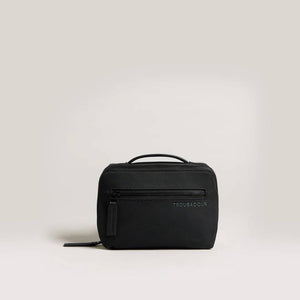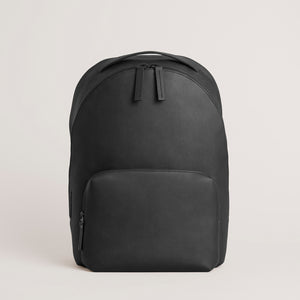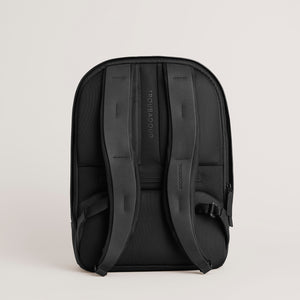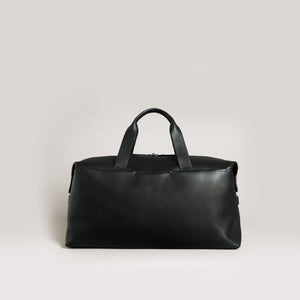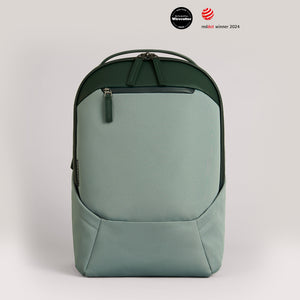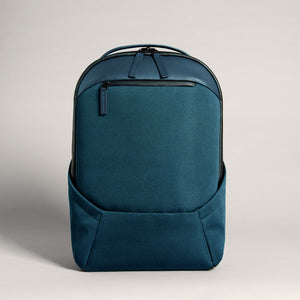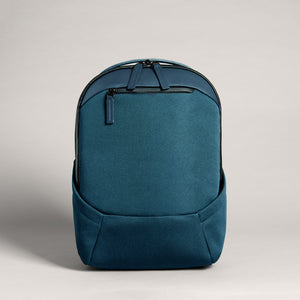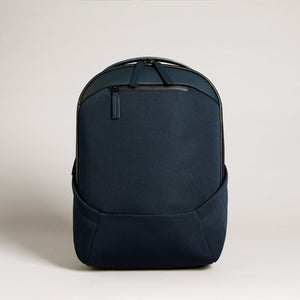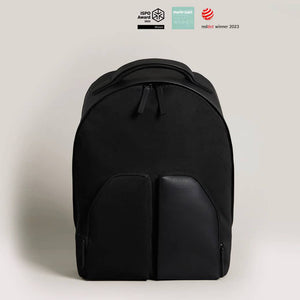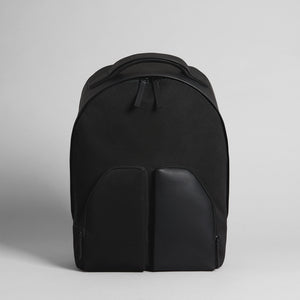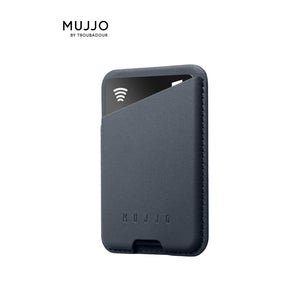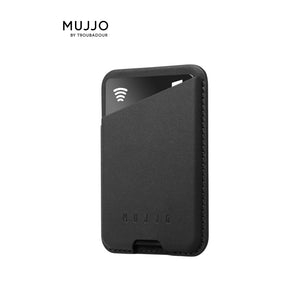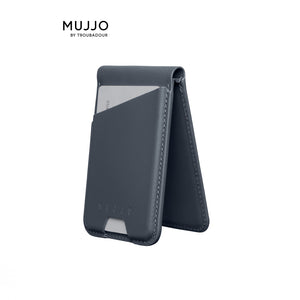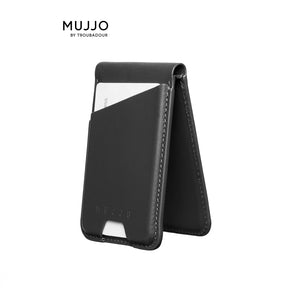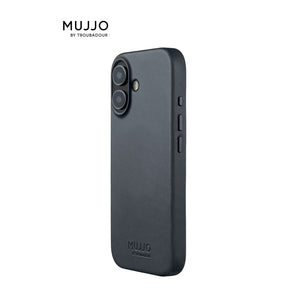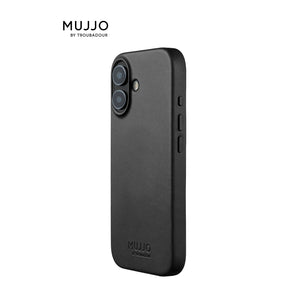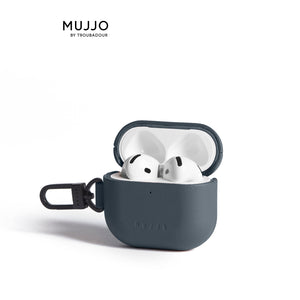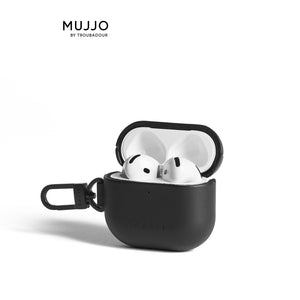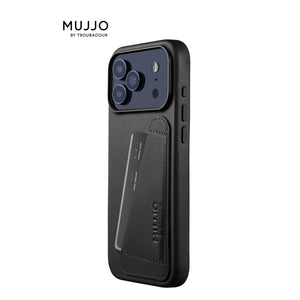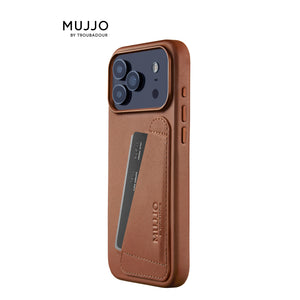Joanna Dai envisioned a world where clothes would empower women
Joanna Dai envisioned a world where clothes would empower women, rather than restricting them. To make this a reality, she quit investment banking and founded Dai, a sustainable clothing brand that creates womenswear with the comfort and performance of your yoga kit. To mark the launch of the Dai X Troubadour Apex Compact Backpack, we talked with Joanna about revolutionising clothing, the work-life balance… and falling off bikes in Manhattan.

Do you have such a thing as a typical day, and do you follow any sort of routine?
Having breakfast is an important start to my day, and I’m at my computer by nine o’clock. That said, I’m not a morning person! Everyone has their own rhythm – our productivity peaks at different times of the day – so people who are doing things at six in the morning aren’t necessarily more productive.
The beauty of running my own business is that I have more control over my time. I can go for a run at lunchtime, especially during the winter when it gets dark early. If it’s a nice day, I’ll take advantage of the weather, maybe just going out to grab a coffee or some lunch.
Making time for dinner, and making time to switch off, is essential for me. Even if all I do is spend just ten minutes in the evening doing some yoga, it makes a big difference. I try not to look at my phone late at night, and reading before going to bed helps me to get a good night’s sleep.
Did you start Dai with the intention of creating a different kind of company culture?
Starting your own company means you have a blank canvas, and you want to create a better culture than your own lived experience.
I’d spent eight years in the very competitive world of investment banking, so there was a lot to unlearn. Being an example of bringing kindness, empathy and compassion has been a big part of my journey, and it’s a big part of our company culture.
Getting different perspectives is part of this – two of our three board members are women, while our Chief Operating Officer is a man. It’s essential to be aware that we all have unconscious biases, and building diversity helps to reveal blindspots and how different people might respond in different situations.
Building a business can be all-encompassing. How do you find balance in your day and balance in your life?
Balance is vital, because when you start your own business, it’s easy to spend too much time working. We have high expectations of growth and ambition, but we can’t grow at all costs if it’s hurting the planet. As a B Corp, all this is in our legal docs, it’s part of our articles of association.
Likewise, our people are our most valuable asset, so looking after them is really important. We have a very flexible approach – anyone on the team can do whatever makes sense for them, because we benefit from better creative thinking, productivity and output if our people have a refreshed mindset.
Is finding the right balance about exercising each day, or are there other factors?
I’ve always been a keen swimmer, and at college I got into running. Then I moved to New York and I’d never ridden a bike, so I signed up for the city’s triathlon! Learning how to cycle in Manhattan was terrifying, but I’m living proof that the best thing to do when you fall off your bike is to get right back on. I live in London now, and if I have a meeting in town I just hop on my bike.
The pandemic was pretty hard, and last summer I really needed a reset, so I went to a yoga retreat in Maine, where I had time to reflect. The dharma session there opened my eyes to the idea of loving kindness towards yourself, and that helped me to make sense of how busy everything had been.
When I got back to London, I wanted to have this balance in my life systematically, so I’ve just started an 18-month yoga teacher training course with triyoga. This covers the philosophy, the poses, the alignment, the anatomy, the breathing – it’s definitely helping me, and maybe one day I could be leading classes at Dai, whether it’s meditation or beginners’ yoga.
Empowering women is one of the really important missions for your business. Have specific things helped you to feel empowered?
I believe the world is better when women succeed, so helping to make this happen is a big deal. Before the Covid lockdown, we’d hosted more than 60 events in our stores dealing with issues like career development, leadership, networking, entrepreneurship, and living more sustainably. Last year we ran a survey asking customers what sort of in-store events they’d like to see. The most popular subjects were navigating your career, the gender pay gap, whether women can have it all – issues that are unique to women’s professional experience.
As well as our in-store events, we engage people with these subjects through our magazine, the Dai’alogue, which has a strong voice and focuses on topics that other womenswear brands don’t cover.

The Dai product, visuals and branding are very strong – where does your creativity come from?
At school and college I was always involved with extracurricular activities, designing logos and T-shirts to publicise campaigns and events. I was on the homecoming parade committee at my high school in Irvine, California, and I had this vision that the five homecoming queens should wear dresses with a common theme, so it looked like a single collection.
But I never considered that sort of thing as a potential career, and ended up studying Electrical and Computer Engineering at Cornell before going into investment banking!
When I left the finance world, I got back into watercolour painting – reconnecting with my creative side renewed my confidence, so I was ready to take a stab at design.
Throughout my career, I liked clothes that were really timeless, with clean and minimalistic designs. I wanted to combine this style with comfort and performance, and that’s what Dai is all about – creating clothes that empower women to perform at their best, rather than making them feel restricted.
How challenging is it to ensure sustainability is at the heart of your business?
The fashion industry is notoriously bad for the environment. We make sure all our fabrics are sourced with full transparency, and we’re continuing to shift towards recycled and natural-based fibres with end-of-life in mind when we design. Also, we have really good relationships with our suppliers, so we know the provenance of all our fabrics.
Our biggest supplier, a mill in Italy, is ahead of the curve in terms of sustainability. They invested in technology that reduces and recycles 30 million litres of water a year; they installed solar panels so all their energy is now self-produced or renewable. And all their products are Oeko-Tex certified – the global standard for consumer safety in textiles – so they set the bar high when it comes to minimising their environmental impact.
We source things like buttons and zips ourselves, checking for additional certification and investigating the science behind the materials. If there’s a report about the carbon impact of any resources, we analyse the information before making any decisions.
Planet-friendly fabrics are vital, but they’re just one aspect of sustainability. Our Certified B Corporation status means we’re always working to reinvent business as a force for good.



